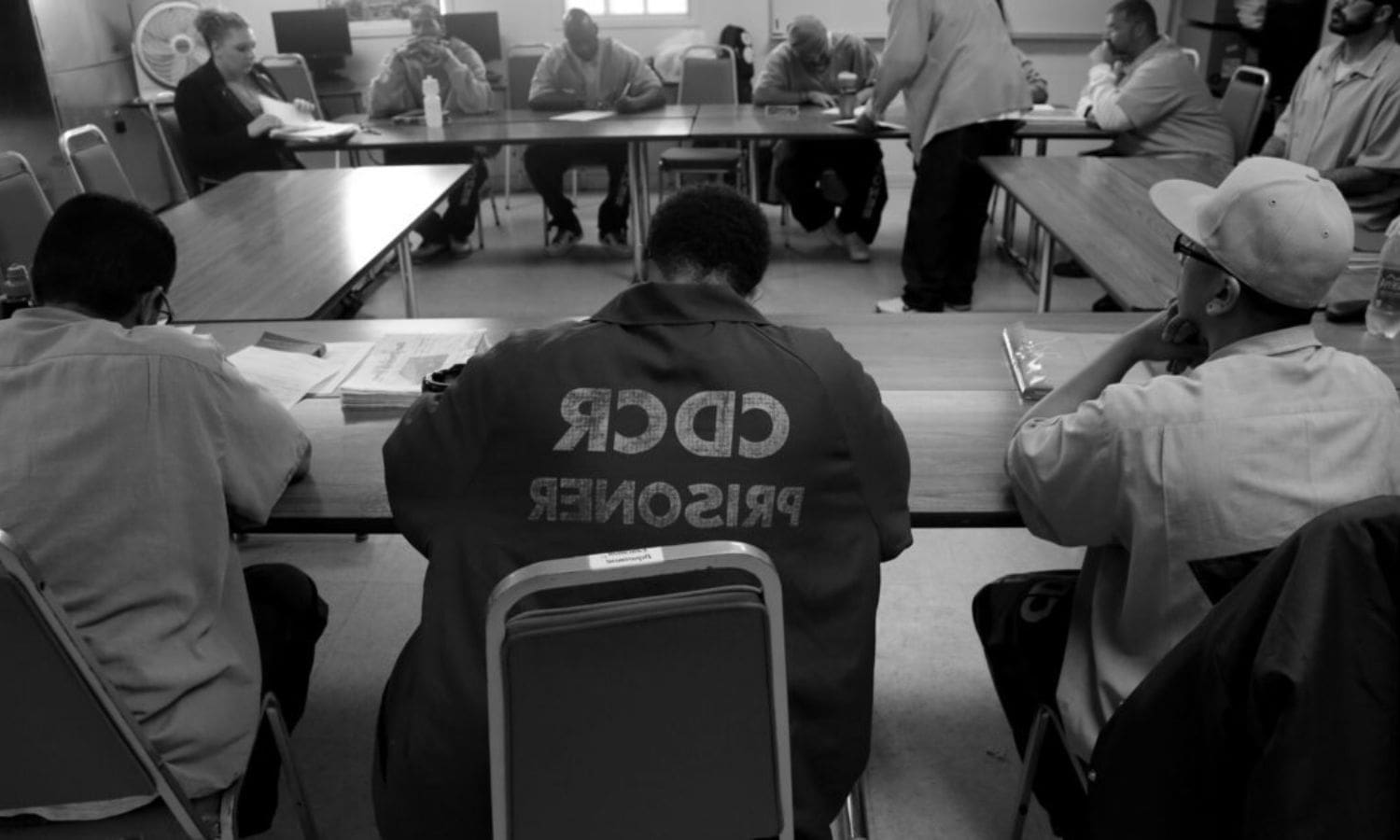California CRD Takes Legal Action: The California Department of Fair Employment and Housing’s (DFEH) Civil Rights Division (CRD) has recently filed a lawsuit against Ralphs Grocery Company, alleging violations of the Fair Chance Act.
The Act, aimed at providing equal employment opportunities, prohibits employers from asking about an applicant’s criminal history prior to a conditional job offer.
The specific allegations against Ralphs, previous actions taken by the CRD, and the potential impact of this legal action on future legislative efforts.
Key Takeaways Of California CRD Takes Legal Action
- California CRD files a lawsuit against Ralphs Grocery Company, alleging violations of the Fair Chance Act.
- The Fair Chance Act, also known as ‘Ban the Box,’ aims to reduce employment barriers for individuals with criminal records.
- Ralphs Grocery Company is accused of routinely asking about criminal records on initial employment applications, which is prohibited by the Fair Chance Act.
- The California CRD actively enforces the Fair Chance Act to provide fair opportunities for individuals with criminal records and champions employment equality.


Legal Allegations Against Ralphs Grocery Company:
The California Civil Rights Department has filed legal allegations against Ralphs Grocery Company, accusing them of violating the Fair Chance Act. The groundbreaking lawsuit highlights the department’s commitment to upholding the rights of individuals with criminal records during the job application process.
The Fair Chance Act, enacted in 2018, prohibits employers from asking about an applicant’s criminal history until after a conditional job offer has been made. However, the California CRD alleges that Ralphs Grocery Company has been routinely asking about criminal records on their initial employment application, thereby violating the law.
This legal action sends a strong message to other employers that disregarding the Fair Chance Act will not be tolerated. It also serves as a reminder of the importance of fair hiring practices and the need to provide equal opportunities to all individuals, regardless of their past mistakes.
Fair Chance Act Overview and Implementation:
The implementation of the Fair Chance Act in California has significantly impacted the hiring practices of employers throughout the state. The Fair Chance Act, also known as ‘Ban the Box,’ is a law aimed at reducing employment barriers for individuals with criminal records.
Under this act, employers are prohibited from asking about an applicant’s criminal history on job applications or during the initial stages of the hiring process. This allows individuals with past convictions to have a fair chance at obtaining employment and reintegration into society.
Employers may only inquire about an applicant’s criminal record after making a conditional offer of employment. The Fair Chance Act has been praised for promoting fairness and giving individuals with criminal records an opportunity to demonstrate their qualifications and skills without being immediately judged based on their past.


Also Read: San Jose Senior Housing Triumph: PATH Villas Grand Opening
Specific Allegations Against Ralphs:
California CRD has filed a legal action against Ralphs, alleging specific violations related to unlawful job offer rescindments. The allegations include:
- Failure to provide applicants with written notice of the disqualifying conviction, as required by the Fair Chance Act. This act aims to give individuals with criminal records a fair chance at employment by delaying background checks until after a conditional job offer is made.
- Rescinding job offers based on minor offenses that are not job-related. The Fair Chance Act prohibits employers from considering certain types of convictions, such as nonviolent misdemeanors, that are unrelated to the job in question.
- Failing to conduct an individualized assessment of each applicant’s qualifications and rehabilitation efforts before rescinding a job offer. The law requires employers to consider factors such as the nature of the offense, the time that has passed, and evidence of rehabilitation before making a final decision.
These allegations highlight Ralphs’ potential violations of the Fair Chance Act and the importance of providing equal employment opportunities to individuals with criminal records.
CRD’s Previous Actions and Settlements:
As part of its ongoing commitment to enforcing employment equality, the California CRD has taken legal action against Ralphs for specific violations related to job offer rescindments, adding to its previous actions and settlements in similar cases.
The CRD has a track record of holding employers accountable for discriminatory practices. One notable case is the settlement reached with the Moraga-Orinda Fire Protection District, where the CRD ensured that the district implemented fair hiring practices and provided compensation to individuals harmed by their discriminatory policies.
Additionally, the CRD has been actively enforcing the Fair Chance Act, which aims to provide individuals with criminal records a fair opportunity to secure employment.
Through its enforcement efforts, the CRD has established itself as a champion of employment equality, working to create a level playing field for all job seekers in California.
Legislative Efforts and Future Considerations:
One key aspect to consider for legislative efforts and future considerations is the continued enforcement of employment equality by the California CRD. As the California CRD takes legal action against Ralphs, it is evident that there is a need for robust legislation to ensure fair employment practices.
The following are some key points to consider:
- Strengthening the Fair Chance Act of 2023: The proposed amendment aims to provide additional protections for individuals with criminal records, ensuring fair opportunities for employment.
- Enhancing enforcement mechanisms: Implementing stricter penalties and fines for employers who violate fair employment practices can serve as a deterrent and promote compliance.
- Increasing public awareness: Educating the public about their rights and the importance of equal employment opportunities can foster a culture of inclusion and hold employers accountable for their actions.


Conclusion Of California CRD Takes Legal Action
The California Department of Fair Employment and Housing has taken legal action against Ralphs Grocery Company, alleging violations of the Fair Chance Act. The department claims that Ralphs has unlawfully excluded job applicants with prior criminal records from employment opportunities.
This is not the first time the company has faced such allegations, as it settled similar cases in the past.
With ongoing legislative efforts to promote fair hiring practices, it remains to be seen how this case will influence future considerations in the hiring process.
Our Reader’s Queries
Q1.What is the Fair Chance Act in California?
Ans. Effective January 1, 2018, the Fair Chance Act, a California law, typically bars employers with five or more employees from inquiring about your conviction history before extending a job offer.
Q2. What is the Civil Rights Act in California?
Ans. The Unruh Civil Rights Act, specified in California Civil Code Section 51, safeguards individuals from discrimination based on age, ancestry, color, disability, national origin, race, religion, sex, and sexual orientation in all California business establishments, encompassing housing and public accommodations.
Q3. What are the exceptions to the ban the box in California?
Ans. Employers are not subject to ban-the-box regulations when recruiting for roles where state, federal, or local laws mandate a criminal background check or limit employment based on criminal history. This exemption is commonly applied to individuals with convictions related to violent, sexual, or drug offenses, preventing their eligibility for positions involving work with children.
Q4. What is the most famous civil rights Act?
Ans. In 1964, Public Law 88-352 (78 Stat. 241), commonly known as the Civil Rights Act of 1964, was enacted by Congress. This legislation prohibits discrimination based on race, color, religion, sex, or national origin.
Our Reader’s Queries
What is the most common complaint filed with CRD involves?
Discrimination and harassment complaints often stem from unfair treatment based on factors such as race, gender, religion, or age. These issues can be deeply troubling and have a significant impact on individuals and their well-being. It’s important to address these concerns and work towards creating a more inclusive and respectful environment for all.
What does the California Fair Employment and Housing Act do?
The Fair Employment and Housing Act (FEHA) safeguards employees from discrimination or harassment in the workplace based on various factors such as age (40 and above), ancestry, color, creed, denial of family and medical care leave, and mental or physical disability. The California Government Code Section 12900-12951 & 12927-12928 & 12955 – 12956.1 & 12960-12976 outlines the provisions of the FEHA. As per the act, employers are prohibited from discriminating against employees based on these factors and must provide a safe and inclusive work environment for all.
What is CRD in California?
The CRD, or Civil Rights Department, is responsible for enforcing California’s civil rights laws. Their goal is to safeguard Californians from discrimination in various areas such as employment, housing, businesses, and state-funded programs. Additionally, they strive to prevent bias-motivated violence and human trafficking. The CRD is committed to protecting the rights of all individuals in California.
What is the Fair employment Practices Act in California?
The California Fair Employment and Housing Act of 1959, also known as Government Code §§12900 – 12996, is a powerful tool in the fight against sexual harassment and other forms of discrimination in the workplace and housing. This important California statute was enacted on September 18, 1959, and has been instrumental in protecting the rights of individuals from all walks of life. By providing a legal framework for addressing discrimination, the Act has helped to create a more just and equitable society for all Californians.

